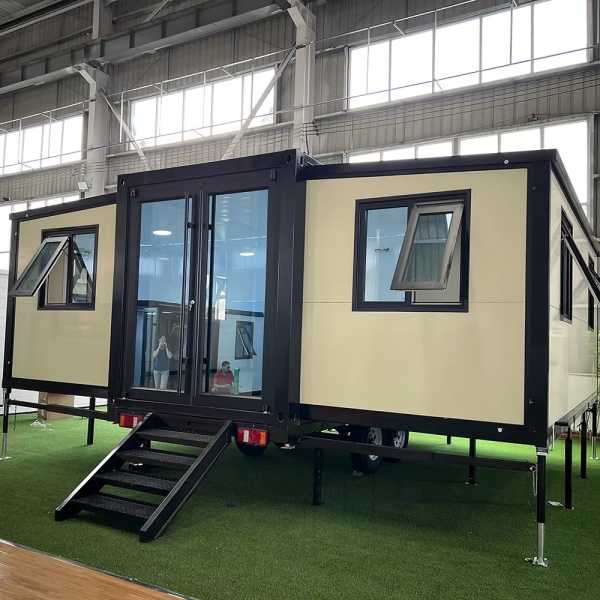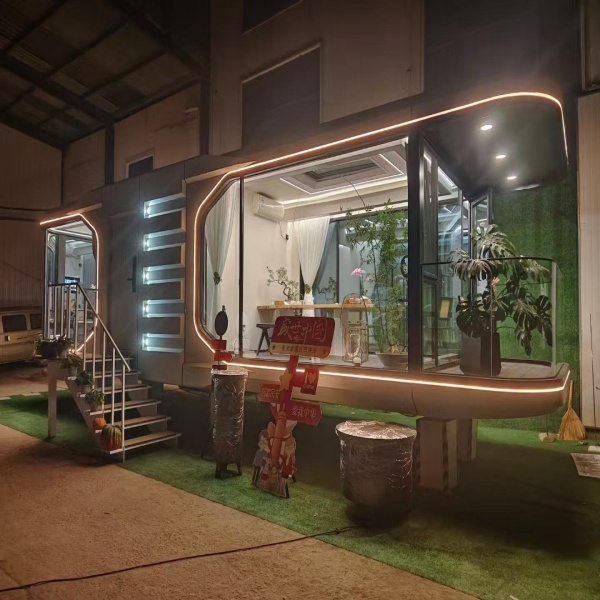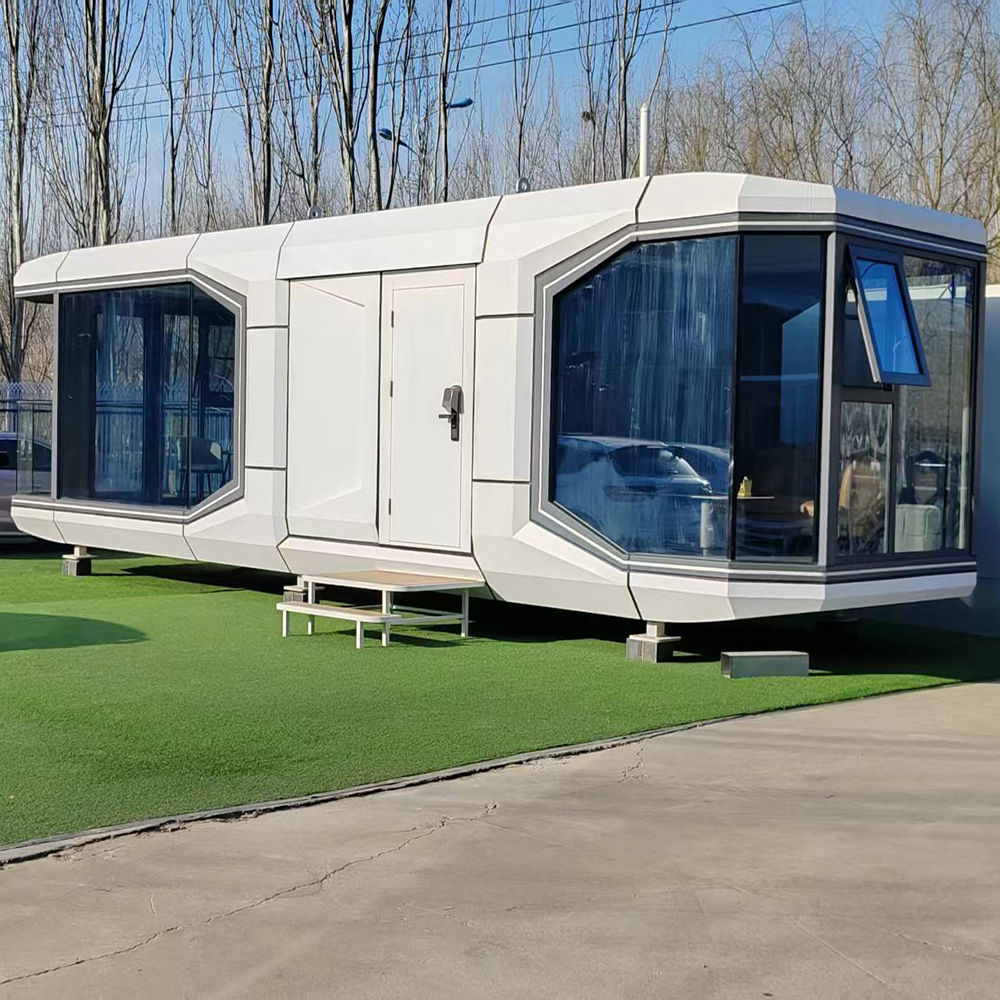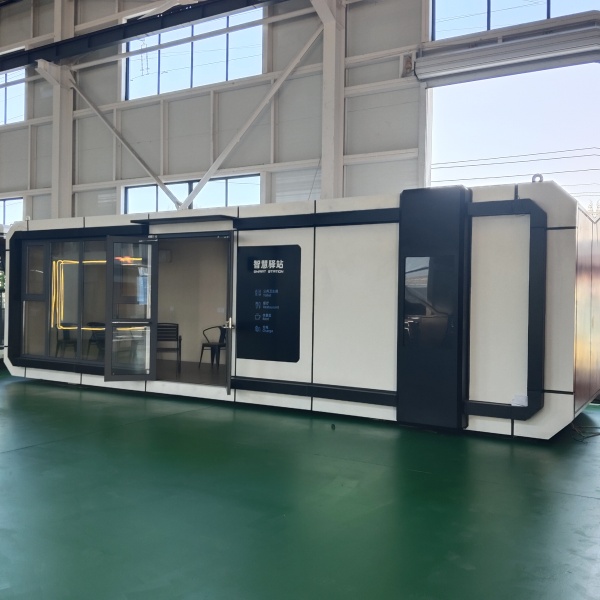-
E-mail
Austin120521@outlook.com -
E-mail
sales@jujiuhouse.com -
Telephone
+86-17864099991 -
Telephone
+86-17854044442
- Chinese
- French
- German
- Portuguese
- Spanish
- Russian
- Japanese
- Korean
- Arabic
- Irish
- Greek
- Turkish
- Italian
- Danish
- Romanian
- Indonesian
- Czech
- Afrikaans
- Swedish
- Polish
- Basque
- Catalan
- Esperanto
- Hindi
- Lao
- Albanian
- Amharic
- Armenian
- Azerbaijani
- Belarusian
- Bengali
- Bosnian
- Bulgarian
- Cebuano
- Chichewa
- Corsican
- Croatian
- Dutch
- Estonian
- Filipino
- Finnish
- Frisian
- Galician
- Georgian
- Gujarati
- Haitian
- Hausa
- Hawaiian
- Hebrew
- Hmong
- Hungarian
- Icelandic
- Igbo
- Javanese
- Kannada
- Kazakh
- Khmer
- Kurdish
- Kyrgyz
- Latin
- Latvian
- Lithuanian
- Luxembou..
- Macedonian
- Malagasy
- Malay
- Malayalam
- Maltese
- Maori
- Marathi
- Mongolian
- Burmese
- Nepali
- Norwegian
- Pashto
- Persian
- Punjabi
- Serbian
- Sesotho
- Sinhala
- Slovak
- Slovenian
- Somali
- Samoan
- Scots Gaelic
- Shona
- Sindhi
- Sundanese
- Swahili
- Tajik
- Tamil
- Telugu
- Thai
- Ukrainian
- Urdu
- Uzbek
- Vietnamese
- Welsh
- Xhosa
- Yiddish
- Yoruba
- Zulu
- Kinyarwanda
- Tatar
- Oriya
- Turkmen
- Uyghur

China 50000 folding house
The Rise of China’s $50,000 Folding House
Imagine unfolding a fully equipped home wherever you decide to plant your life. This concept, seemingly taken from a science fiction novel, is becoming an intriguing reality thanks to advancements in prefabricated housing. But there are lots of misconceptions about these folding houses, especially concerning cost, functionality, and durability. Let's cut through the noise.
Understanding the Folding House Concept
When we talk about a $50,000 folding house, we're referring to a pre-designed, collapsible home solution that represents a significant innovation in affordable housing. Shandong Jujiu Integrated Housing Co., Ltd., a player in the integrated housing industry, has stepped into this niche.
The idea is simple yet powerful. These houses can be assembled and disassembled relatively quickly, reducing construction time and cost — which is where companies like SHANDONG JUJIU INTEGRATED HOUSING CO., LTD really excel. Their approach, rooted in meticulous design and optimization, stands out in an evolving market.
Despite the promise, potential buyers often worry about the build quality of such folding houses. This concern isn't unfounded; early iterations from other firms in less regulated markets have shown vulnerability. However, with Shandong Jujiu's commitment to stringent testing and detailed design processes, the durability and safety of their structures stand up to scrutiny.
The Economic Angle
On the financial front, a $50,000 folding house makes intuitive sense for many. It's an attractive option for first-time homeowners, potential landlords, or those looking to manage living costs. The cost-effectiveness largely stems from the streamlined production process, which emphasizes efficient material use and minimal wastage.
With the backing of governmental incentives in some regions, the pricing becomes even more appealing. It’s about value for money, without cutting corners on essential features like insulation, plumbing, or safety standards. Shandong Jujiu's website, https://www.jujiuhouse.com, lays out how they integrate advanced technologies into their homes, ensuring modern living standards are met.
Yet, it's not purely about cost. There's an environmental consciousness driving these innovations too. Opting for a portable, reusable housing structure aligns with sustainable living trends, addressing growing environmental concerns while providing practical housing solutions.
Challenges in Installation and Maintenance
While the folding house concept seems seamless, the installation phase can present its own set of challenges. The logistics of transporting and erecting these homes require precise coordination. Companies like Shandong Jujiu, with their extensive experience in steel structure engineering, have developed robust processes for tackling these issues.
Maintenance is another aspect that can't be ignored. Prospective owners must be informed about periodic upkeep to preserve the structural integrity and aesthetics of their homes. Shandong Jujiu provides insights into these requirements, balancing accessibility and expertise.
Real-world applications, like temporary housing solutions during large projects or disaster relief, have shown both the strengths and areas for improvement in current designs, further informing future innovations.
Real-Life Applications and Feedback
Talking with actual occupants reveals much about the tangible benefits and unforeseen drawbacks of these folding houses. Many users appreciate the flexibility and adaptability of moving their homes, a significant upgrade from traditional static residences.
However, feedback often highlights the importance of customization. Personal touches in design can't be underestimated, something Shandong Jujiu actively addresses by offering modular options tailored to specific needs, a testament to their customer-centric approach.
Moreover, issues like local zoning laws and regulatory compliance have a notable impact on where and how these folding houses can be deployed effectively. Navigating this terrain requires a strategic partner like Shandong Jujiu, who understands both the product and legal landscape.
The Future Potential of Folding Houses
Looking ahead, the potential of folding houses is massive. As infrastructure and technology continue to evolve, so will the capabilities and applications of these innovative homes. Urban areas, in particular, could benefit from such sustainable, space-saving solutions.
For Shandong Jujiu Integrated Housing Co., Ltd., the focus will likely remain on refining their designs and expanding the versatility of their offerings to meet diverse consumer needs. Future advancements might incorporate smart home technologies, further enhancing the functionality and appeal of these houses.
In conclusion, while challenges exist, the future of the folding house looks promising, with key players like Shandong Jujiu leading the charge. As these homes become increasingly integrated into the housing market, they could redefine how we perceive and go about homeownership altogether.
Related products
Related products
Best selling products
Best selling products-
 Stair Access Double Wing Expandable Container House | Easy Installation Mobile Office
Stair Access Double Wing Expandable Container House | Easy Installation Mobile Office -
 Hot-selling foldable container houses, expandable prefabricated houses, suitable for office or living use, with fast delivery.
Hot-selling foldable container houses, expandable prefabricated houses, suitable for office or living use, with fast delivery. -
 Outdoor ecological capsule rooms, luxury pods, space capsule hotel rooms, prefabricated space capsules, container houses
Outdoor ecological capsule rooms, luxury pods, space capsule hotel rooms, prefabricated space capsules, container houses -
 High-quality Double-wing Folding Container House with Doors and Windows, Insulated Walls, Suitable for Various Scenarios.
High-quality Double-wing Folding Container House with Doors and Windows, Insulated Walls, Suitable for Various Scenarios. -
 A container house with a terrace and double-wing folding design, suitable for various purposes such as offices, meeting rooms, living rooms, etc.
A container house with a terrace and double-wing folding design, suitable for various purposes such as offices, meeting rooms, living rooms, etc. -
 Customized Expandable Container House Holiday Home Folding Prefab Container House with Bathroom and Kitchen
Customized Expandable Container House Holiday Home Folding Prefab Container House with Bathroom and Kitchen -
 The foldable container house with side wing design can be quickly set up and is suitable for various environments.
The foldable container house with side wing design can be quickly set up and is suitable for various environments. -
 Good Quality Modular Homes Prefabricated House Expandable Container House 20FT Mobile Flat Roof House
Good Quality Modular Homes Prefabricated House Expandable Container House 20FT Mobile Flat Roof House -
 Easy Install Customized Detachable Container Homes Extendable House Prefab 2 Floors Expandable Container House
Easy Install Customized Detachable Container Homes Extendable House Prefab 2 Floors Expandable Container House -
 Dual-Wing Folding Container House: Fast Assembly, Space-Saving & Multi-Scene Adaptable
Dual-Wing Folding Container House: Fast Assembly, Space-Saving & Multi-Scene Adaptable -
 A container house with a terrace and double-wing folding design, suitable for various purposes such as offices, meeting rooms, living rooms, etc.
A container house with a terrace and double-wing folding design, suitable for various purposes such as offices, meeting rooms, living rooms, etc. -
 Factory Direct Sales Office Folding Container Luxury House Living Container House
Factory Direct Sales Office Folding Container Luxury House Living Container House
Related search
Related search- Buy prefabricated shipping container house
- expandable container house price
- China relocatable shipping container home expandable granny flat portable tiny house
- China portable folding houses
- China container house
- China Folding house
- fold out prefab house
- Buy portable unfolding house
- China foldable homes 20ft office folding container house
- China fold out container house












